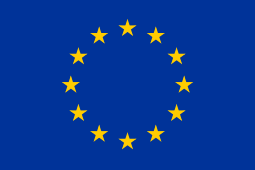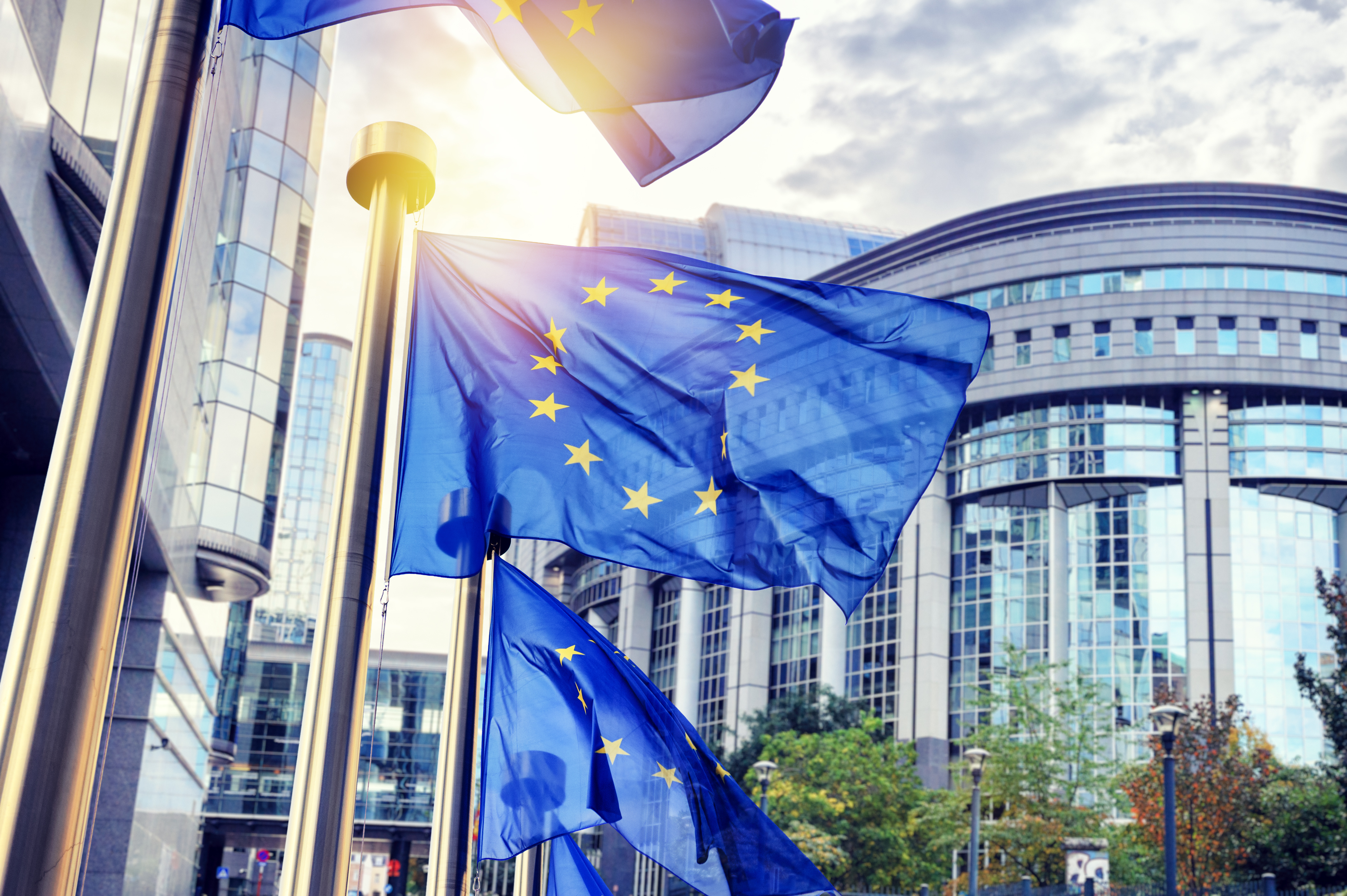Latest blog articles
-
The European Union (EU) and Turkey have a long and multifaceted relationship. In this entry (based on a recent longer analysis) we focus on Turkey’s involvement with the EU’s decentralised agencies, and more particularly on whether and to what extent this involvement can be viewed as a part of a...
-
The Boards of Appeal established for the decision-making agencies perform a function that lies between exercising administrative review, at the one end, and offering judicial review, at the other. It is still unclear in which direction they will ultimately move, and more research in this fast...
-
by Trym Nohr Fjørtoft
In 2015, many European states experienced a massive influx of migrants and refugees seeking protection within their borders. The European Refugee crisis was a crisis in many respects—first and foremost for the people forced to flee their homes, but also for the institution... -
EU agencies are now at the forefront of policy implementation in EU’s migration, asylum and external border control policies for two primary reasons: to overcome the policy implementation gap and enhance interstate solidarity.
-
When the three main institutions adopted the Common Approach on EU Decentralised Agencies in 2012 one of the few innovative elements in this otherwise disappointing non-binding interinstitutional agreement were the provisions dedicated to the selection of the seat of EU agencies. As many EU-watchers...
-
It is not that listening to the electorate is wrong. It is not wrong either to build a campaign on perceived wishes of the electorate. Trying to win an electoral campaign either, is wrong.
-
What exactly are the legal instruments for the EU according the measures that have been introduced recently with regard to the constitutional court and in terms of the media law. This article is only available in Dutch.
-
Legitimacy in the political sense can be defined as an inquiry into the justification for the exercise of public authority. Or put differently: it is the reason why I, being part of society, should accept laws and regulations that bind me.
-
The day after the “Brexit”-referendum, with a majority of 51.9% voting to leave the European Union, some speak of the success of democracy (“the people have spoken”). Already, there are calls for referenda in other countries to let the people speak there, too. This suggests that independently of our...
-
After months of negotiations between Greece, the International Monetary Fund (IMF), the European Central Bank (ECB) and the European Union (EU), which acuminated in an overwhelming amount of over 60% of “no”-votes by the Greek citizens to the reforms attached to the second Greek bailout programme...









